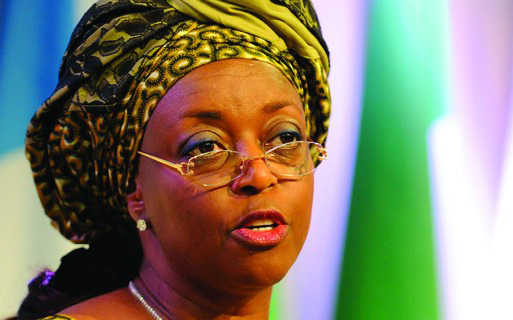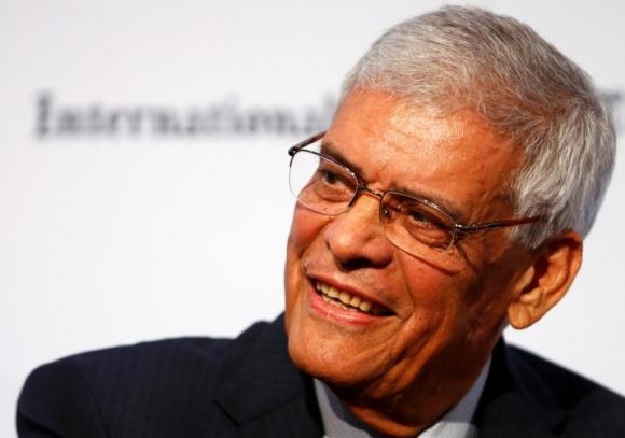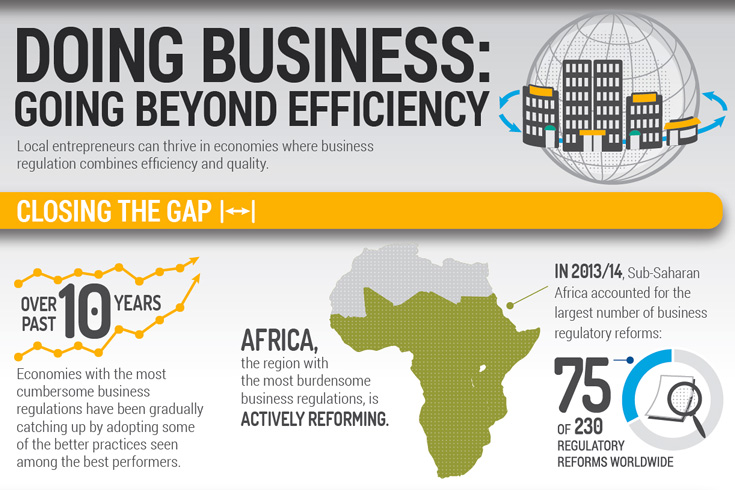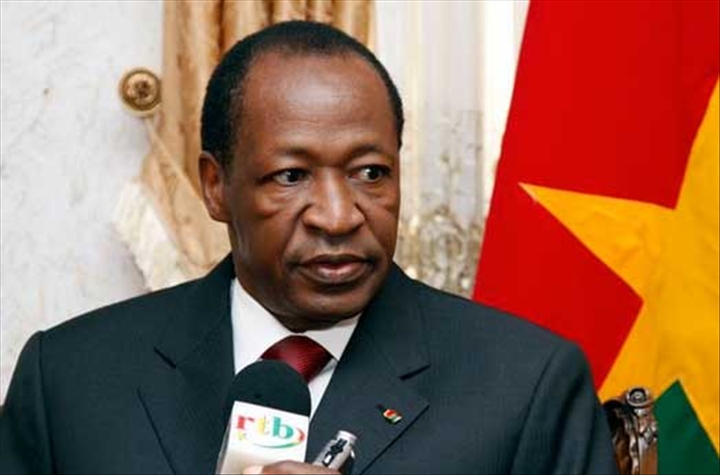Nigeria and other African countries will continue the importation fuel for the next 20 years, despite the possibility of building new refineries and current availability of functional and quasi-functional refineries, Diezani Alison-Madueke, minister of petroleum resources, said on Wednesday.
Speaking at the 8th edition of the Oil, Trading and Logistics (African Downstream) Expo held in Lagos, Alison-Madueke, who was represented by Oliver Okparaojiakor, deputy director, gas department of petroleum resources, stated that plans to build more refineries in Angola, Uganda, Mozambique and Nigeria would not change the situation.
“Notwithstanding the possibility of building new refineries in Africa, including new projects in Angola (Sonaref refinery), Uganda (Uganda oil refinery), Mozambique (Nacala refinery), and Nigeria, among others, Africa will remain a net importer of petroleum products for at least 20 years to come,” she said.
The minister, however, pointed out that Nigeria was already working on adding more capacity by 2020 through the proposed private refineries by the Dangote Group and Orient, and Bayelsa, Kogi, and Lagos states, among others.
Advertisement
She also described sub-Saharan Africa as the “least sophisticated” refining centre in the world.
“In fact, there are only 24 fuels refineries within the region, with a total refining capacity of 1.6 million barrels per day for a population that is close to a billion. Population growth means more energy consumption.”
“However, the uncompetitive and inefficient nature of many of these refineries, combined with the difficulty in funding major upgrades, or new capacity, seems likely to keep the average utilisation at a low level in the short term.”
Advertisement
“The implication of population growth for Africa is that demand for petroleum products will continue to be on the rise without commensurate refining capacity addition. There is an urgent need to encourage investors to partner with national oil companies or privately to build more refineries, and for us to be less dependent on imports.”
On petroleum products subsidies, the minister said the stunted growth of the downstream sector was attributable to the distortion introduced to the market as a direct result of the regulated regime in some sub-Saharan African countries.
“There is a need to eliminate this convoluted price subsidy and stimulate competition across the value chain,” she said.
The issue of subsidy, she explained, could not be over flogged, as according to the World Bank, subsidy on petroleum products in Nigeria and other oil-producing African countries would be unsustainable in the medium term.
Advertisement
Alison-Madueke identified heavy subsidy as an unsustainable expenditure even on the long term, as it generally promotes energy inefficiency and imprudent consumption.
Over the last 10 years, she said Nigeria had taken important steps towards a more deregulated downstream, arguing that to provide a competitive market environment and sustain supply, the downstream sector should be fully deregulated.
Similarly, Farouk Ahmed, executive secretary, petroleum products pricing regulatory agency, said activities in the downstream sector had facilitated a net inflow of investment in excess of N60bn.
Dakuku Peterside, chairman, house committee on petroleum (Downstream), who represented Aminu Tambuwal, speaker of the house of representatives, said: “We are working on the petroleum industry bill (PIB) and we are conscious of the fact that it is very critical to the economy of Nigeria; and so, we are not taking it lightly.”
Advertisement
“I want to reassure you again that we are taking the PIB very seriously and I’m very optimistic that the bill will be passed before 2015.”
Advertisement
1 comments






And the mega frauds in NNPC Towers will continue for the next 20 years!!! Someone needs to do something, and possibly very fast.